Exploring the Versatility of Wood Shapers
A wood shaper is an essential tool in the realm of woodworking, designed to perform intricate shaping and cutting tasks with precision. This machine, pivotal for crafting detailed edges and contours, is a mainstay in both commercial and home workshops. The versatility of a wood shaper machine allows for the creation of complex designs, making it a valuable asset for professionals and enthusiasts alike.
Types and Applications of Wood Shapers
The application of shaper woodworking tools extends across various projects, from creating custom furniture to sophisticated architectural moldings. These machines come in different configurations, including the delta wood shaper and craftsman wood shaper, each tailored to specific needs and workshop sizes. The woodworking shaper machine is not just for large-scale production but also caters to bespoke artisanal creations.
Features and Materials
Wood shaper tools are engineered with precision components, ensuring consistent performance and durability. The materials used in manufacturing these tools, such as the wood shaper bits and wood carving blades for angle grinder, are selected for their strength and wear resistance. This attention to detail in component choice ensures that the shaper can withstand the demands of repetitive tasks without compromising on output quality.
Advantages of Using a Wood Shaper
The advantages of integrating a wood shaper into your woodworking arsenal are manifold. These machines offer efficiency and speed, enabling the production of uniform pieces in a fraction of the time it would take manually. With features like CNC automation, wood shapers facilitate complex cuts with minimal operator input, streamlining the manufacturing process. Additionally, the adaptability of woodworking shaper bits allows for a wide range of profiles and cuts, enhancing the machine's utility.
Choosing the Right Wood Shaper
Selecting the appropriate wood shaper involves considering factors such as size, power requirements, and speed settings. For instance, a grizzly wood shaper might be well-suited for heavy-duty tasks, while a smaller model could suffice for a home workshop. It's important to assess the specific needs of your projects to find a shaper that aligns with your woodworking objectives.
Safety and Efficiency
Safety is paramount when operating any woodworking machinery. Modern shapers wood tools come with various safety features to protect the operator without compromising on efficiency. Furthermore, energy consumption is a consideration, with many wood shapers designed to be energy-efficient, helping to reduce operational costs over time.













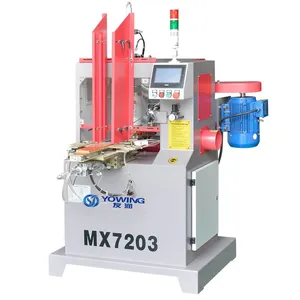
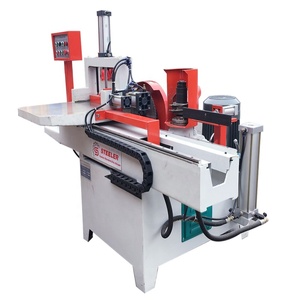

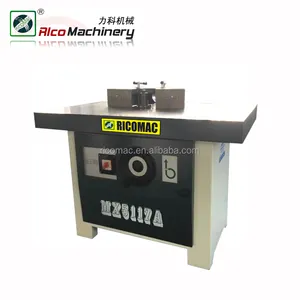






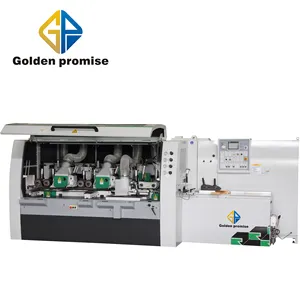






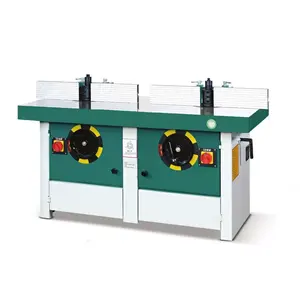


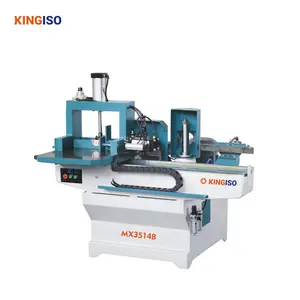

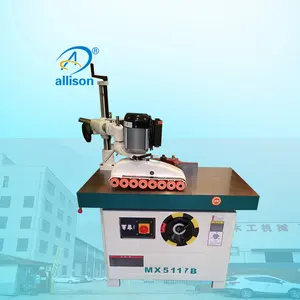

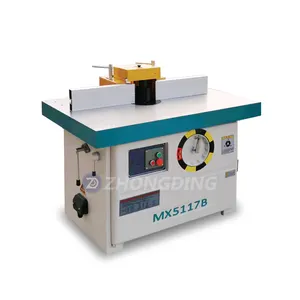
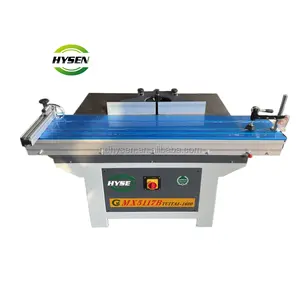
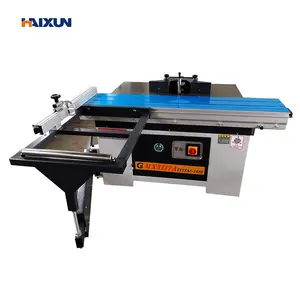






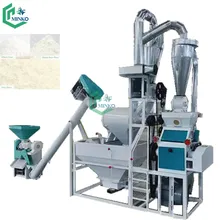


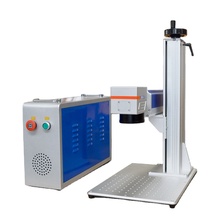


























 浙公网安备 33010002000092号
浙公网安备 33010002000092号 浙B2-20120091-4
浙B2-20120091-4